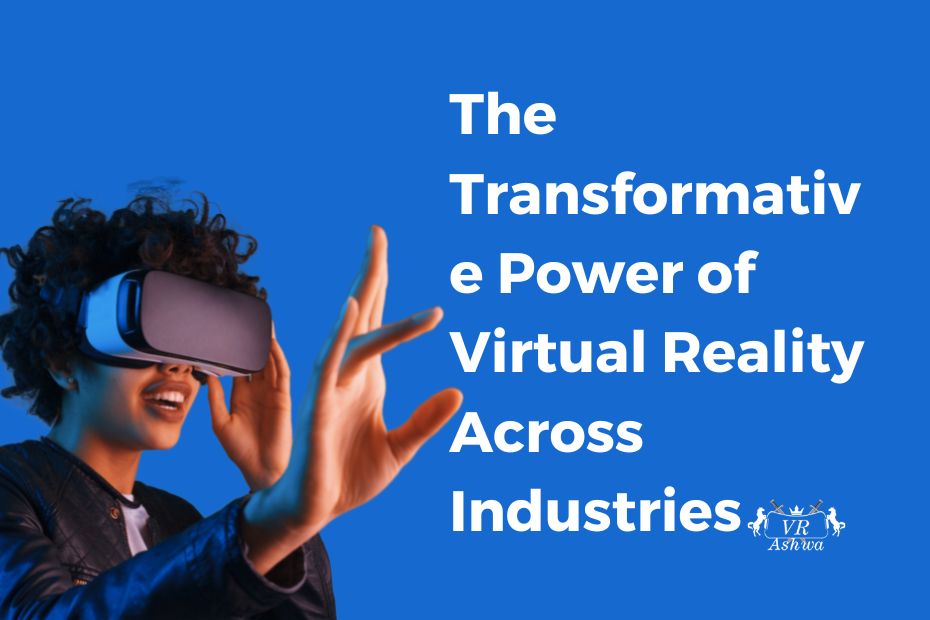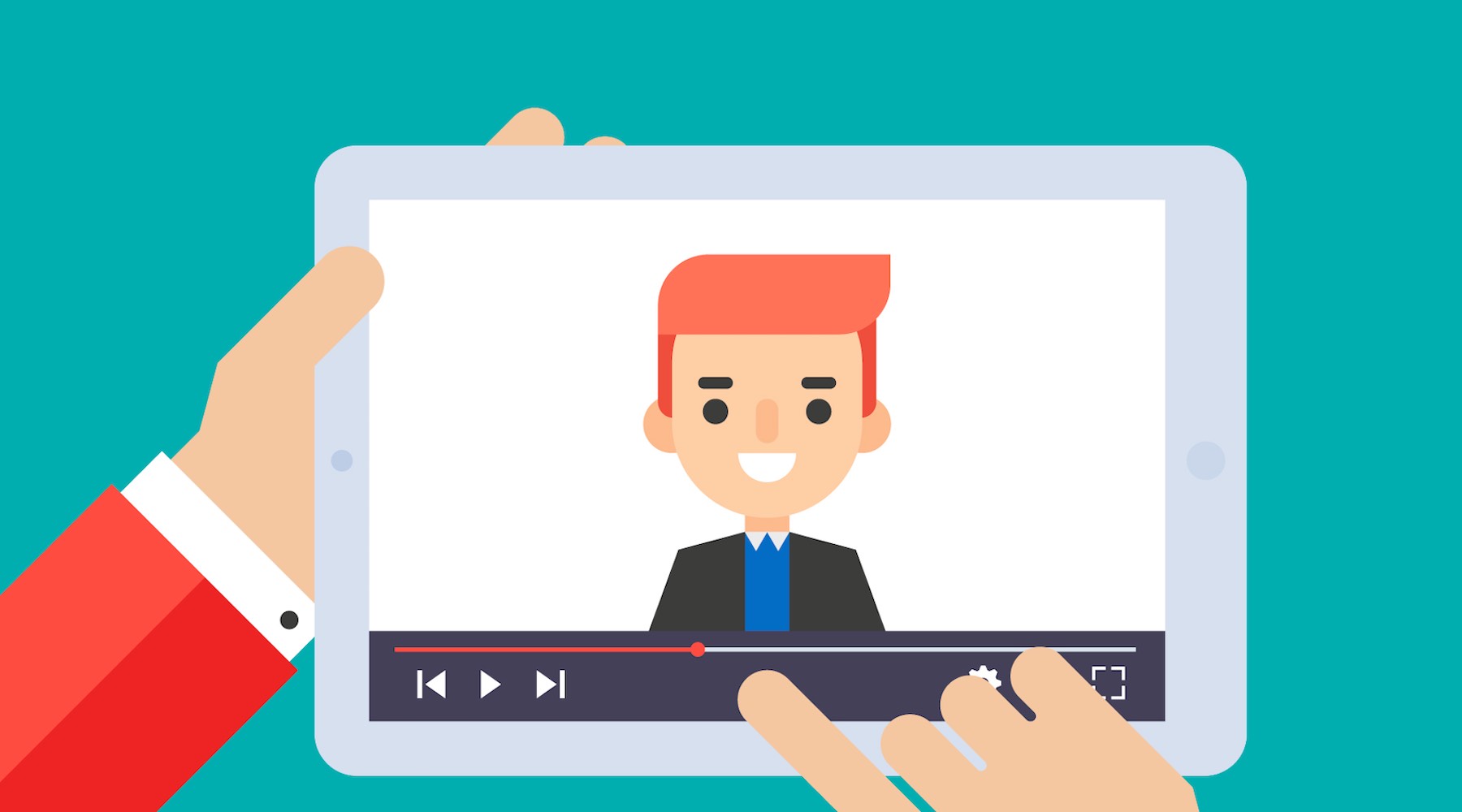Have you ever heard of virtual reality? It’s a term that has been thrown around a lot lately and for a good reason. Virtual reality, or VR for short, is a technology that can entirely transport you to a different world.
Picture this: you’re sitting in your living room, but instead of staring at your TV, you put on a VR headset. Suddenly, you find yourself in a completely different environment, whether a bustling city street, an enchanted forest, or even the depths of space. You can look around in all directions and see everything in stunning, lifelike detail. It’s an immersive experience that feels like nothing else.
So, what exactly is a VR headset? Simply put, it’s a device you wear on your head that provides you with a completely immersive experience. It tracks your head movements and adjusts the virtual environment accordingly, so you see something new when you turn your head. There are a variety of VR headsets on the market, ranging from affordable options that work with your smartphone to high-end devices that require a powerful PC to run.
Healthcare
The healthcare industry is constantly evolving, and virtual reality is one of the latest technologies making waves. VR can transform how we approach healthcare, bringing innovative solutions to long-standing challenges.
VR is being used in healthcare to provide training to medical professionals. With VR simulations, specialists and practitioners can practice complex procedures safely and in a controlled environment. For example, surgeons can perform virtual surgeries to improve their skills before operating on real patients, reducing the risk of complications during procedures.
VR is also used in cognitive behaviour therapy (CBT), a form of psychotherapy used to treat a range of mental health conditions, such as anxiety and phobias. In CBT, patients are gradually exposed to their fears to help them overcome them. With VR, patients can experience realistic simulations of their fears, allowing them to work through their anxiety in a safe and controlled environment.
The benefits of using VR in healthcare are numerous. It allows medical professionals to gain hands-on experience in a safe and controlled environment. With VR simulations, specialists and practitioners can improve their skills, leading to better patient outcomes. VR in CBT allows patients to work through their anxieties without the risk of harm or danger.
If you’re a medical professional or mental health practitioner, consider incorporating VR into your training or therapy. Seek out VR simulations that can allow you to practice procedures or therapies in a safe and controlled environment. If you’re a patient seeking treatment for anxiety or phobias, ask your mental health provider about using VR in therapy. With VR, healthcare can be transformed, and patients can receive more effective treatments and procedures.
Entertainment
Are you a fan of immersive entertainment? Look no further than virtual reality. The entertainment industry quickly adopted VR technology, providing an unparalleled level of immersion for consumers.
VR has been widely adopted in online and console gaming. With VR headsets, players can fully immerse themselves in the gaming experience, making them feel like they are truly part of the game. For example, in a racing game, players can feel like they are actually behind the wheel of a race car, hearing the sound of the engine and feeling the wind as they speed down the track. In a shooting game, players can feel like they are on the battlefield, dodging bullets and taking down enemies.
VR is also being used in cinemas and theme parks. In VR cinemas, audiences can experience movies in a completely new way, allowing them to be part of the story. In theme parks, VR attractions allow visitors to fully immerse themselves in the rides, feeling like they are flying through the air or exploring a fantasy world.
The use of VR in entertainment provides consumers with an unparalleled level of immersion. With VR gaming, players can feel like they are part of the game, allowing for a more engaging and thrilling experience. In VR cinemas and theme parks, audiences can be fully immersed in the story, creating a truly unforgettable experience.
If you’re a gamer, consider investing in a VR headset to fully immerse yourself in your favourite games. If you’re a theme park enthusiast, seek out VR attractions to experience movies or rides in a completely new way. With VR, entertainment can be transformed, providing an unparalleled level of immersion for consumers.
Automotive
The automotive industry is at the forefront of innovation, and virtual reality is one of the latest technologies driving change. VR is being used to transform how we analyze road scenarios and develop smart cars.
VR is used in the automotive industry to analyze road scenarios and test car behaviour. Engineers can create virtual simulations of different driving scenarios, allowing them to test how cars respond to various conditions, such as weather or traffic. This helps to identify potential issues and improve car safety before real-world testing.
In addition, VR is being used in developing smart cars using artificial intelligence (AI). With VR simulations, engineers can train AI systems to recognize different road scenarios and react accordingly. This allows smart cars to make split-second decisions to prevent accidents, improving road safety for everyone.
VR in the automotive industry has revolutionized how engineers design and test cars. With VR, engineers can identify issues and improve car safety before real-world testing, leading to fewer accidents and safer roads. VR in developing smart cars using AI allows for more advanced and efficient systems, providing a safer driving experience.
If you’re an automotive engineer or researcher, consider incorporating VR into your design and testing process. Seek out VR simulations that can allow you to test how cars respond to various conditions. If you’re a driver, keep an eye out for the latest smart cars with VR technologies to make road safer. With VR, the automotive industry can continue to innovate and make our roads safer for all.
Education
Virtual reality is transforming not only healthcare, entertainment, and the automotive industry but also education. Educators have found promising applications of VR technology in the classroom, providing students with unique and engaging learning experiences.
VR is used to provide adult professional training in various fields, such as aviation, construction, and manufacturing. With VR, professionals can safely practice and master their skills in a simulated environment, allowing them to be more confident and prepared regarding real-world situations.
In addition, VR is being used to provide students with unique educational experiences. Students can take virtual field trips to explore different parts of the world or experience historical events, providing them with a level of engagement and interaction that is impossible with traditional teaching methods. VR educational games and applications are also available, providing students with fun and interactive learning experiences that are both engaging and effective.
VR in education provides students and professionals with unique and engaging learning experiences. With VR, students can explore the world and experience history in a way that is impossible with traditional teaching methods. Professionals can safely practice and master their skills in a simulated environment, allowing them to be more confident and prepared in real-world situations.
If you’re an educator, use VR into your teaching methods to provide your students with unique and engaging learning experiences. When you’re a professional looking to improve your skills, seek out VR training programs to safely practice and master your skills in a simulated environment. If you’re a student or parent, seek out VR educational games, applications, and field trips to experience the world in a way that is impossible with traditional teaching methods. With VR, education can be transformed, providing students and professionals with unique and engaging learning experiences.
Space & Military
Virtual reality is transforming the healthcare, entertainment, automotive, education, military, and space industries. VR is being used to prepare soldiers for dangerous environments and to help them recover from the trauma of battle. It is also used to help astronauts train for space missions and prepare for new or unexpected situations.
Military personnel and astronauts often face dangerous and unpredictable situations. With VR, they can train and prepare for these situations in a simulated environment, providing them with valuable experience and knowledge before they face the real thing.
VR is also being used to help soldiers recover from battlefield trauma. By using VR, soldiers can safely revisit traumatic experiences and process them in a controlled environment, allowing them to work through their trauma and heal.
VR in the military and space industries provides valuable training and preparation for soldiers and astronauts. With VR, they can safely and realistically prepare for dangerous and unpredictable situations, allowing them to be more confident and prepared for real-world situations.
If you’re a military or space industry professional, seek VR training programs to safely and realistically prepare for dangerous and unpredictable situations. If you’re a soldier suffering from battlefield trauma, consider seeking VR therapy to safely and effectively work through your trauma and heal. With VR, military and space industry professionals can be better prepared and supported, leading to more successful and safe missions.
Conclusion
In conclusion, virtual reality is a versatile technology transforming a wide range of industries. From healthcare and education to entertainment, automotive, military and space industries, VR is providing valuable benefits that were previously impossible.
In healthcare, VR is used to train specialists and practitioners, provide therapy, and aid in surgery and treatment. Entertainment, VR provides gamers with immersive experiences and takes theme park attractions to a new level. In the automotive industry, VR is helping to analyze road scenarios and develop smart cars. In education, VR provides new opportunities for professional training, educational games, field trips, and experiencing the world. And in the military and space industries, VR is helping to prepare soldiers and astronauts for dangerous and unpredictable situations and aiding in the recovery from battlefield trauma.
With the ability to simulate and replicate real-life experiences, virtual reality provides endless opportunities for new innovations in various industries. As technology advances, we can expect to see even more exciting and transformative applications of VR in the future.



